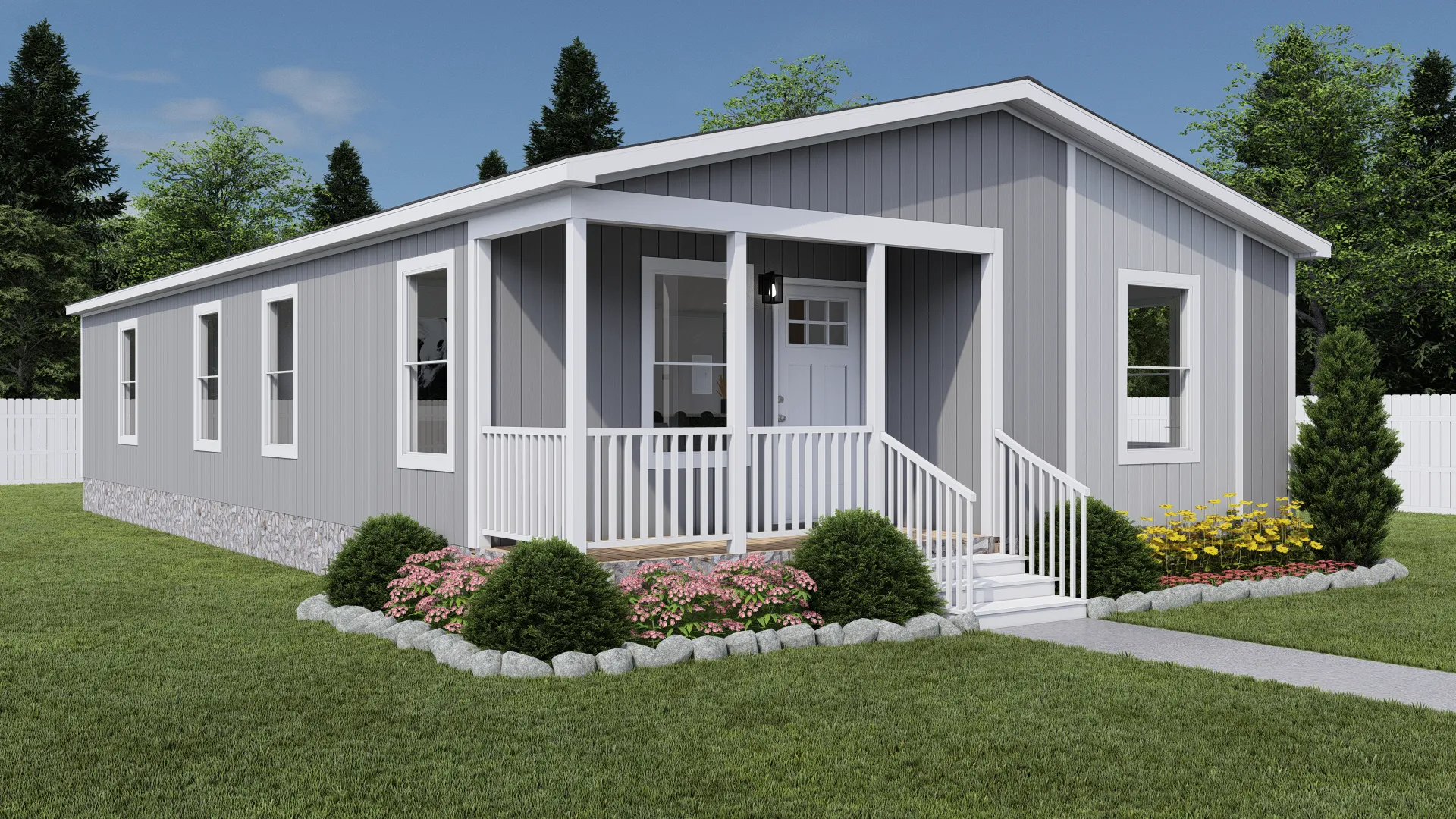
The journey of acquiring property, whether it’s a cozy starter home, a sprawling commercial space, or a strategically located plot of land, is seldom a simple transaction. Especially in a city as dynamic and diverse as Semarang, where tradition meets rapid modernization, the property market presents a fascinating array of opportunities and complexities. It’s a decision steeped in personal aspiration, financial pragmatism, and a keen eye for future potential. This isn’t just about buying bricks and mortar; it’s about investing in a lifestyle, a business venture, or a piece of the city’s evolving landscape. From the bustling commercial zones to the serene residential enclaves, each corner of Semarang offers a unique proposition, making the search for the “right” property a deeply personal and often exhilarating quest.
Deciphering the Diverse Property Landscape
When we talk about “property for sale” in Semarang, we’re not just referring to a single type of asset. The market here is incredibly varied, catering to a wide spectrum of needs and budgets. You have the traditional detached houses (rumah tapak), ranging from compact dwellings in established neighborhoods to more expansive residences in newer developments. Then there are the vertical living options: apartments and condominiums, offering convenience and amenities in prime urban locations. For entrepreneurs, commercial properties like shop-houses (ruko), office spaces, or even entire commercial buildings present opportunities. And let’s not forget land – undeveloped plots offering the ultimate blank canvas for custom construction, whether residential or commercial. Each of these property types comes with its own set of characteristics, legalities, and investment considerations, demanding a tailored approach to exploration.
The Critical Role of Location, Location, Location
It’s an old real estate adage, but it holds an almost sacred truth in Semarang: location is paramount. The value and desirability of any property are inextricably linked to its geographical position. Consider the various facets of this vibrant city. Do you envision a home nestled in the quieter, greener hills of Candi Golf or Tembalang, offering cooler temperatures and panoramic views? Or perhaps the bustling heart of the city, near Simpang Lima, where commercial activity thrives and every amenity is within reach? For businesses, proximity to transport hubs, industrial zones (like those towards Genuk or Kendal), or established commercial centers dictates accessibility and customer flow. A property’s location influences not just its current value, but its potential for appreciation, its






